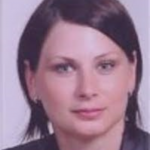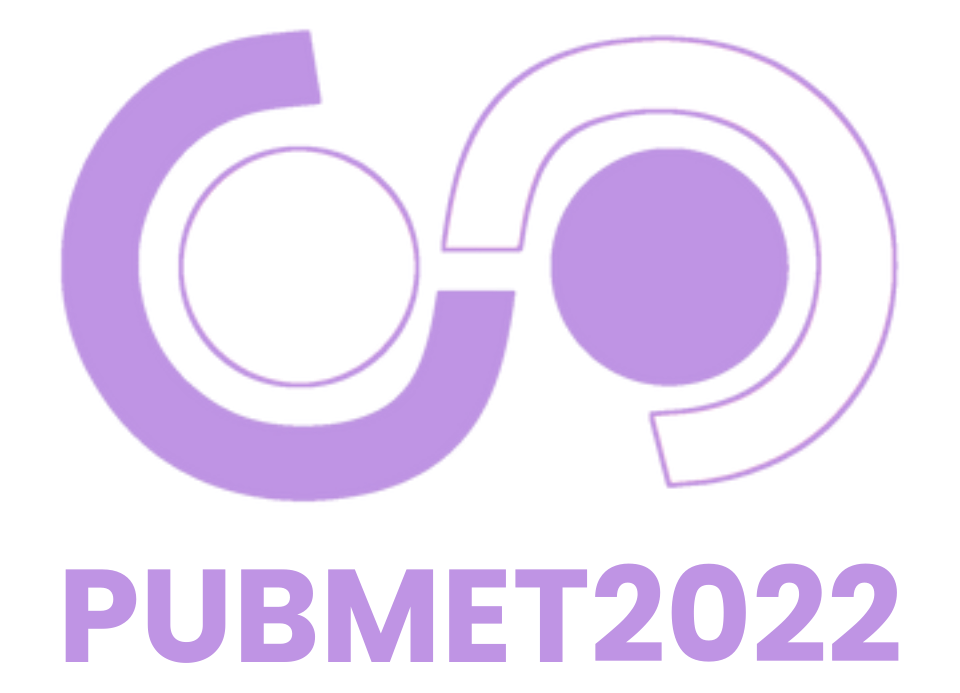Navigating the New World of Scientific Publications: Croatian Scientists and Predatory Journals


An increasing number of scholarly journals and scientific papers are available in open access on the journal’s websites (gold open access) and in repositories (green open access). Although both ways of achieving open access provide free access to end users, publishing costs still exist and are collected from a variety of sources, e.g. through article processing charges (APC) or crowdfunding (Spezi, Fry, Creaser, Probets and White, 2013). The idea of the open access model was to make high quality journals available to the widest possible public (BOAI, 2002) and the model today has many benefits for the scientific communication. Nevertheless, a deviation has developed recently. The deviation – the emergence of so-called predatory journals – threatens quality and reliability of scientific communication. Such journals attract authors with low APC fees, fast publication, and false indexation data (Beal, 2015; Jalalian, Mahboobi, 2014). Predatory journals and publishers promise quick peer-review, they often have fake editorials listed on their websites, send emails inviting authors to publish papers or offering them to be editors of their journals (Bowman, 2014). Those journals are in open access, they use article processing charges model but do not control the quality (i.e. peer review process is insufficient or, in most cases, non-existent). As the information published in such journals is not verified, there is a possibility that it is wrong and further research should not be based on it. Although there is a lot of information in the literature about the common features of predatory journals and publishers, they can be defined as “the entities which prioritize self-interest at the expense of financial gain and are characterized by false or misleading information, deviation from best editorial and publishing practices, lack of transparency, and/or persistent and random requests” (Grudniewicz et al., 2019, p. 211).
The number of predatory journals has grown and that has become a major problem for scientific communication, but also for the development of science. It is important that such journals are recognized by users (scientists but also the general public). There have been various attempts to derive criteria to characterize and identify predatory journals, in order to help researchers to avoid them. Lists of predatory journals (so-called blacklists) and lists of quality open access journals (so-called whitelists) are tools that can help all the participants of the scholarly communication process to distinguish reliable journals from the non-reliable ones (Dadkhah, Borchardt, 2016; Laine, Winker, 2017; Shen, Björk, 2015; Strinzel, et al, 2019). The best-known list is so-called blacklist of “potential, possible, or probable predatory scholarly open-access journals” by Jeffrey Beall, a librarian who coined the term “predatory” journal in 2015 (herein referred to as Beall’s list).
The aim of the research is to investigate whether Croatian scientists publish their papers in predatory journals. The research of OA journals in which Croatian scientists publish their scientific papers was conducted through the Web of Science (WoS), Scopus and DOAJ databases. Based on the obtained results, journals that are not in any of the relevant databases were checked on three lists that list unreliable journals: DOAJ list of journals that claim they are indexed in DOAJ but they aren’t (DOAJ, 2022) the archived version of Beall’s list of predatory journals and publishers (Beall, 2017) and on Kscien’s list predatory standalone journals and publishers (Kscien, 2015) .
The sample consists of scientific papers written by Croatian scientists and published in OA journals, as listed in the Croatian Scientific Bibliography (CROSBI). The data was collected for the years 2016 and 2020.
Total number of journal titles found in CROSBI for the year 2016 was 2153 and all of them were checked in WoS, Scopus and DOAJ. Out of that number, 14% were not included in the databases. In 2020 total number of journals found in CROSBI was 2383 and 12% were not included in the three databases. The next step was to check those journals on the three lists that list unreliable journals. The results show that on DOAJ’s list of journals that falsely claim to be included in that database there were 0.4% journals in 2016 and in 2020 0.3% journals. On Beall’s list of predatory journals there were 6% journals in 2016 and 2% journals in 2020. At Kscien’s list of predatory journals there were also 6% of journals in 2016 and 2% journals in 2020. According to the results, we can conclude that there is a decrease in predatory journals and publishers in which Croatian scientists publish. The decrease in the number of papers published in predatory journals may also be due to open access literacy and raised awareness of such journals. In response to the emergence of predatory journals and publishers, scientists have become available with various options for determining the quality of open access journals (tools such as Think.Check.Submit, Open Access Journal Quality Indicators, Quality Open Access Market…).
A limitation of the study is that CROSBI database relies on the input of authors (but it is the most accurate existing database of Croatian scientists’ articles), sample probably not include all articles of Croatian authors published in OA journals. Years 2016 and in 2020 were chosen precisely for this reason of independent entry of papers (giving authors time to submit papers for those years)As we needed lists of predatory journals as the starting point for our survey, we chose the two lists, although they have some shortcomings. Beall’s list was ceased in 2017 due to the lack of transparency but it had been maintained and updated by an anonymous scholar at a different site. Since December 2021 the list has been active again at https://beallslist.net/. Kscien’s list is trying to overcome the shortcomings of the Beall’s list by recruiting a special committee of young researchers, but the accuracy of the list is still not proven. In the absence of other formal tools, these lists were taken as a source.
Kristina Romić
National and University Library in Zagreb
Zagreb, Croatia
ORCID ID: 0000-0003-0418-7063Ivana Hebrang Grgić
Faculty of Humanities and Social Sciences, University of Zagreb
Department of Information and Communication Sciences
ORCID ID: 0000-0001-6709-9939
